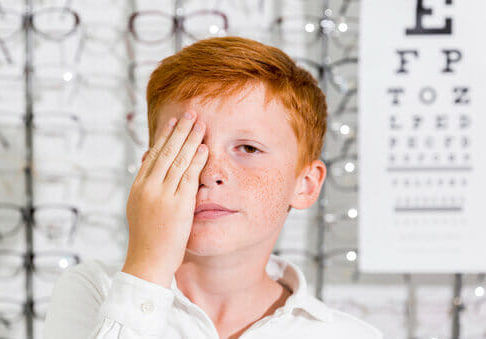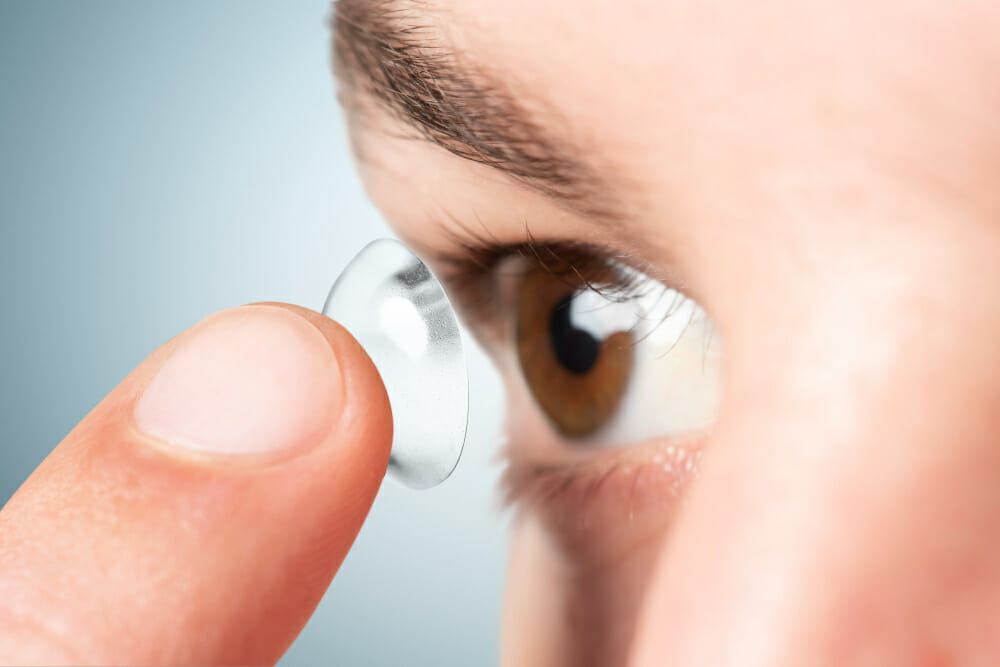Uncovering the Root of Exotropia: What Causes Exotropia?
While exotropia can be easily noticeable, the underlying causes can be complex and varied. Here are some of the causes of exotropia that we have observed at our optometry clinic:
Weak Eye Muscles: Our eye muscles play a vital role in controlling eye movements and alignment. Weak or imbalanced eye muscles can lead to exotropia, where one eye drifts outward. This may happen due to several reasons, such as genetics, trauma, or neurological disorders.
Refractive Errors: Refractive errors occur when the shape of the eye causes light to focus incorrectly, leading to blurred vision. If one eye has a significant refractive error, the brain may start suppressing the vision of that eye, leading to exotropia.
Neurological Conditions: Several neurological conditions can lead to exotropia. Some of these conditions affect the nerves that control eye movements, while others affect the brain regions that process visual information. Neurological causes of exotropia may include brain tumors, stroke, multiple sclerosis, and cerebral palsy.
Genetics: Exotropia can also have a hereditary component, where certain genes can increase the risk of developing the condition. Studies have shown that exotropia is more common in families with a history of the condition.
Eye Injuries: Trauma to the eye or surrounding areas can cause exotropia. For example, a blow to the head can damage the eye muscles or nerves, leading to a misalignment of the eyes. Additionally, some surgeries involving the eyes or nearby structures can cause exotropia.
Systemic Diseases: Some systemic diseases, such as diabetes or thyroid disorders, can also cause exotropia. These conditions may affect the eye muscles or nerves, leading to eye misalignment.
Medications: Certain medications can cause exotropia as a side effect. For example, some drugs used to treat seizures, psychiatric conditions, or allergies can affect the eye muscles or nerves, leading to exotropia.
Amblyopia: Amblyopia, also known as lazy eye, is a condition where the brain suppresses the vision of one eye to avoid double vision. If this suppression is not treated, it can lead to exotropia in the affected eye.
Stress or Fatigue: Sometimes,exotropia can occur due to fatigue or stress. When the eye muscles become tired, they may not be able to maintain proper alignment, leading to outward deviation of the eyes.
Idiopathic: In some cases, exotropia may occur for no apparent reason. This is called idiopathic exotropia and is more common in children. Idiopathic exotropia may be related to the development of the visual system and may resolve with age.
Psychological Factors: Psychological factors, such as anxiety or stress, can also lead to exotropia. These factors may affect the control of the eye muscles, leading to outward deviation of the eyes.
Neuro Diverse: The incidence of exotropia is significantly higher within the neuro diverse population such as those with down syndrome, ADD/ADHD, cerebral palsy, and Autism.








